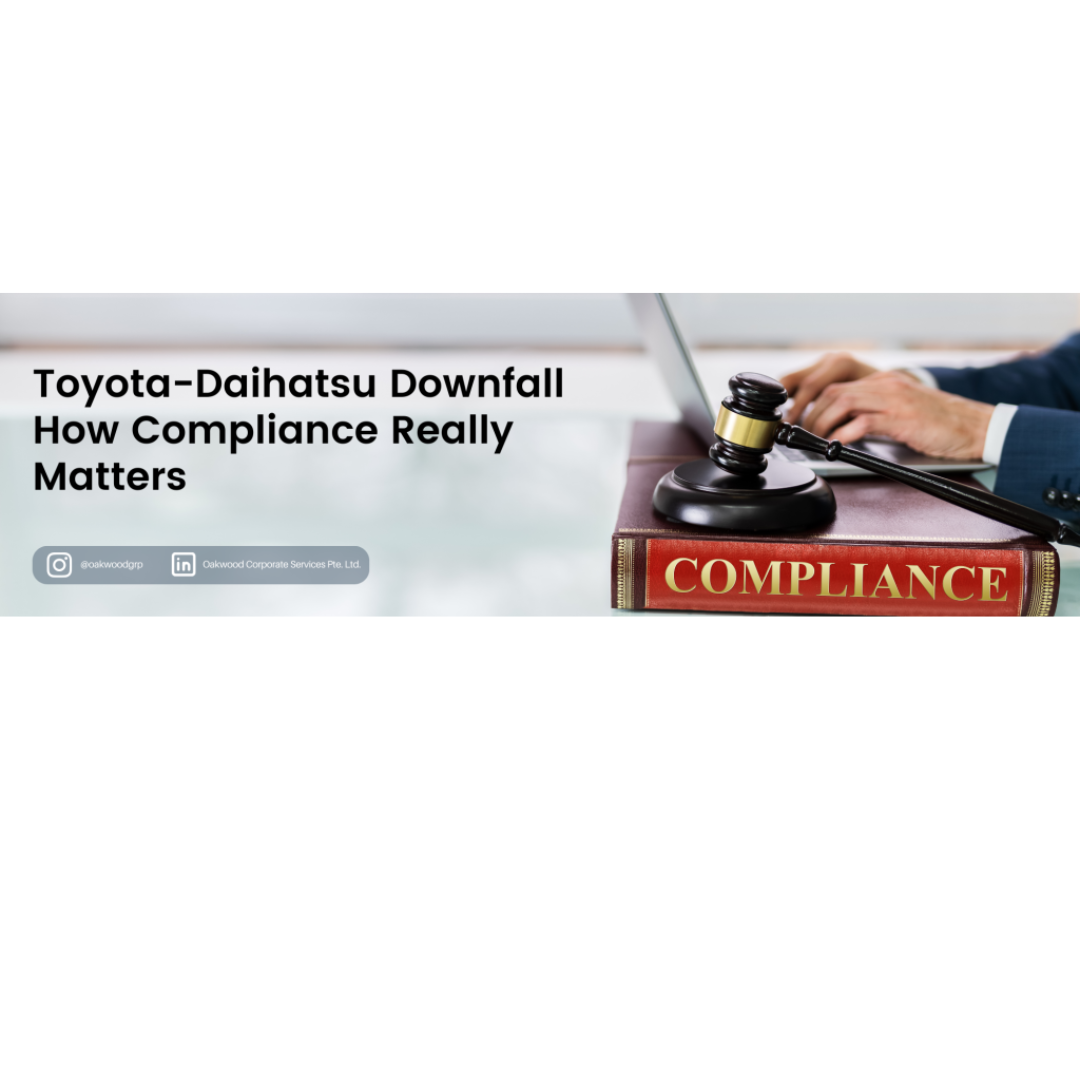
Toyota-Daihatsu Downfall How Compliance Really Matters
The Toyota-Daihatsu scandal, which emerged in late 2023, is a significant event that underscores the importance of corporate compliance beyond mere profitability. The scandal involved Daihatsu, a small-car unit of Toyota, halting vehicle shipments after an investigation revealed a long-standing issue with safety test falsifications. The investigation found problems with 64 models, including some sold under the Toyota brand, indicating a widespread issue within the company.

The scandal came to light after Daihatsu admitted to rigging side-collision safety tests for thousands of small cars, most of which were sold as Toyotas. This revelation was particularly alarming because it suggested that almost all models currently in production, as well as some past models, were involved in the cheating. The issue was initially brought to light by a whistleblower, highlighting the importance of internal reporting mechanisms in identifying and addressing compliance failures.
The scandal, no matter how big and shocking it may seem, highlights one simple truth that can be summed as the following: trust is paramount. A company’s reputation hangs on how it can be trusted – by stakeholders, workers, and finally customers. Losing trust equals doom to business.
This is exactly the reason why compliance is necessary. Good compliance results in reliability, which fosters trust.
It is only possible to achieve that by applying the highest standards. For example, adherence to regulations, clean business practices, and good company governance. By assuring all of these, companies project an image of reliability, which translates into security and comfort for all stakeholders.
No matter what scale a business is in, either an SME or a multinational company, it should be noted that becoming trustworthy is a goal for all. Great earnings and good ROI could mean nothing if both stemmed from soiled practices. Unreliability is proven to be as dangerous as bad product or non-functioning business model.
Companies can learn from this incident the value of the following:
-
- transparent and accountable practices: how much they are able to be responsible in all of their actions;
- ongoing vigilance in compliance matters: how strong the measures are to prevent, and combat, transgressions;
- importance of swift and responsible action: how fast a company can answer to any irregularities found.
From Toyota-Daihatsu scandal, we are being reminded again on how compliance plays a vital role in creating trust for a business. Not just about documents or practices, but also about how much we can provide reliability and trust wherever we go.



